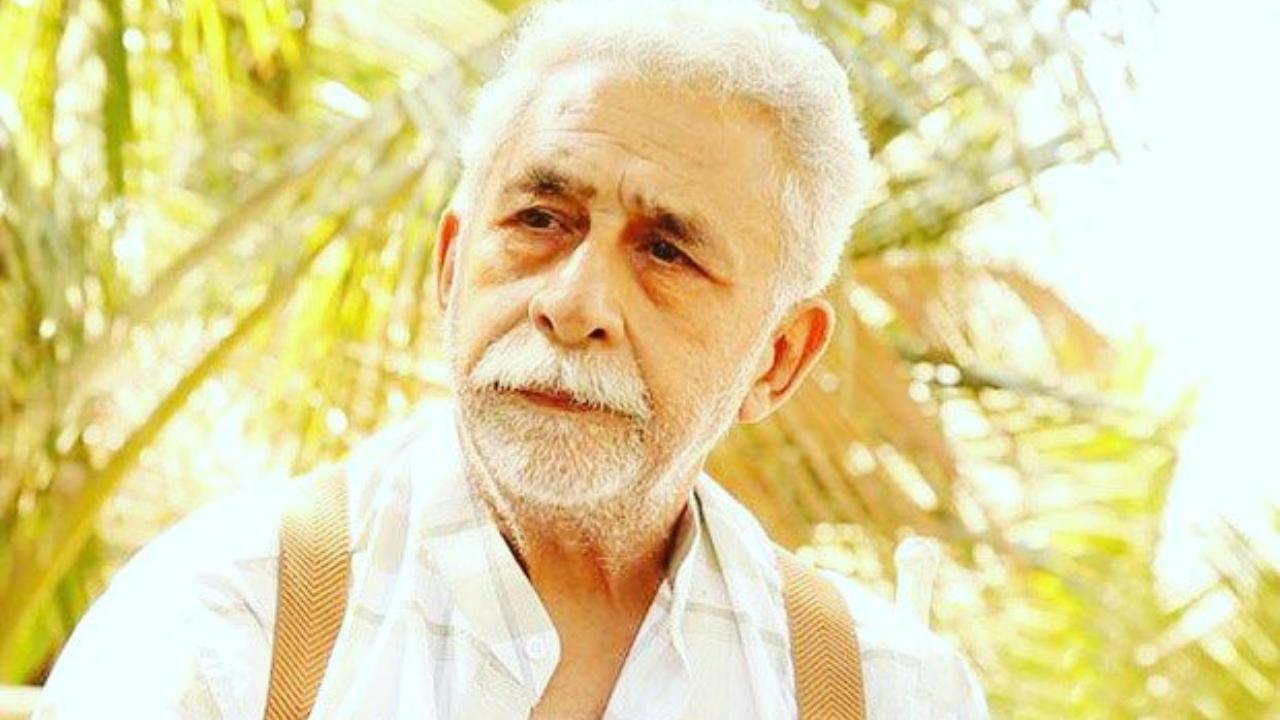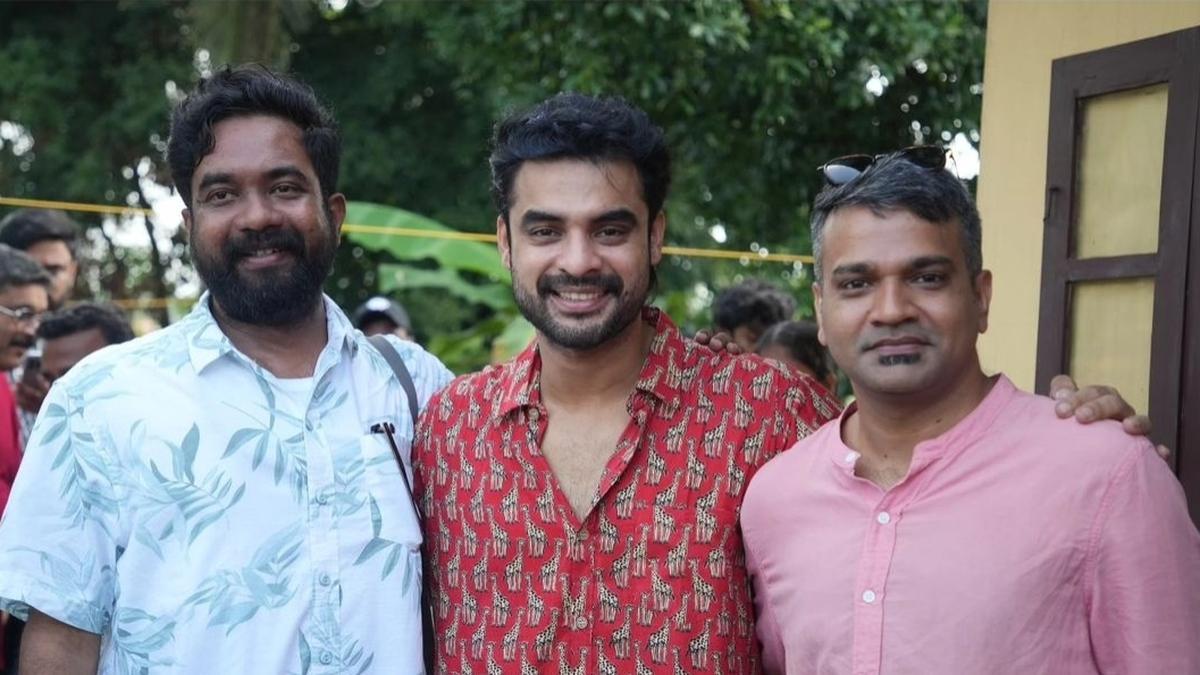
In an era where cinematic boundaries are increasingly blurred, with films from diverse origins grasping the global spotlight, one of Bollywood’s seasoned thespians, Naseeruddin Shah, has directed sharp critique at the Indian film industry while lauding the merits of Korean and Thai cinema.
Naseeruddin Shah, a veteran actor whose career encompasses a wealth of memorable performances in Indian cinema, recently took the stage at an event in Mumbai and offered a candid assessment of the films emerging from his home country compared to those of Korea and Thailand. Known for stellar roles that range from a visually impaired man in ‘Sparsh’ to a tormented father in ‘Masoom’, Shah has been duly recognized for his influence on Indian cinema, receiving both the Padma Shri and the Padma Bhushan awards—a testament to his impactful body of work.
The actor’s oeuvre includes a span of films that reflect the complexity and nuance of Indian society — from ‘Hum Paanch’ and ‘Nishant’, to ‘Mirch Masala’ and ‘Jaane Bhi Do Yaaro’. Shah’s versatility is not confined to his choice of roles; his commitment to his craft has consistently been evidenced in every project, be it a mainstream motion picture or a more avant-garde cinematic offering.
At the aforementioned Mumbai gathering, Shah articulated his esteem for the cinematic creations emanating from Korea and Thailand, remarking that their films possessed a certain superior quality compared to that of Bollywood. His observations come amid a climate where Bollywood films enjoy global recognition, much like the worldwide appreciation for Indian cuisine. “First of all,” Shah declared, “I hate the word ‘Bollywood.’ Of late, there’s been a claim that Bollywood movies are watched across the globe. However, I guarantee this bubble will burst one day because these films lack substance and are crafted with underlying motives that are well known to all.”
The actor pointed out that Bollywood has a history of drawing inspiration from foreign cinema, especially from South Korea. High-profile Bollywood movies such as Kartik Aaryan’s ‘Dhamaka’, Salman Khan’s ‘Radhe’, and Sidharth Malhotra’s ‘Ek Villain’ have roots in Korean blockbusters, being versions of or substantially influenced by ‘The Terror Live’, ‘The Outlaws’, and ‘I Saw the Devil’, respectively.
Recently, Naseeruddin Shah graced the screen in the web series ‘Showtime’, sharing the billing with Emraan Hashmi, Mahima Makwana, Mouni Roy, Rajeev Khandelwal, Vijay Raaz, and Shriya Saran. Meanwhile, looking ahead, Shah is set to appear alongside Vijay Varma, Fatima Sana Shaikh, and Sharib Hashmi in ‘Ul Jal Jalool Ishq’, a feature film backed by designer Manish Malhotra’s Stage 5 Production. The movie, which promises to be a melodic delight, will boast a soundtrack composed by the celebrated duo of Gulzar and Vishal Bhardwaj.
Shah’s outspoken stance serves as a hitching post for discussion about the trajectory of Indian cinema and its place on the global stage. It invites introspection within the industry and among audiences about the essence and authenticity of storytelling through film. As Bollywood continues to evolve, these conversations, sparked by industry icons such as Naseeruddin Shah, will be pivotal in shaping its path forward.
This account of Shah’s views, engendered with insights from ANI, is more than an echo of a luminary’s musings on the cinematic landscape—the actor’s words are a clarion call for a deeper examination of what constitutes the soul of a film and the responsibilities of a film industry at the crossroads of cultural significance and commercial success.










